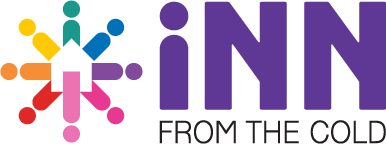Family Homelessness INNformation Series: Research and Data
“An investment in knowledge pays the best interest.” – Benjamin Franklin
To create real social change governments, social agencies and the public need to work collectively to ensure their work is collaborative and vision-inspired to shift big system policies and practices to align with and leverage the frontline realities every social agency faces in its day to day work. Collectively, we need to advocate for policy changes that have the greatest impact, lobby our government representatives and keep the media attuned to the cause. To ensure we make the greatest impact we must ensure our progress is driven by research and data. With improved knowledge, we can improve the overall system of care.
A significant part of the work we do at Inn from the Cold, and in Calgary’s Homeless-Serving Sector is driven by the use of data and research. Raising the Roof reported in 2016 that family homelessness is the fastest growing sub-population in Canada.[1] We are seeing confirmation of this in our city, since January 1, 2018 our Emergency Family Shelter has been at or over capacity 57 days straight, which means, we’ve been providing emergency shelter supports to over 27 families every night for 85% of this year. This is an increase from 2017 where we saw an average of 18 families per night throughout January and most of the spring. As well, we saw 944 unique family members in the shelter throughout 2017 compared to 876 in 2016. Being Alberta’s only street-level no barrier-access Emergency Family Shelter, presents us with a unique opportunity to measure the impact of the essential programming we provide families in crisis. We also track our data and champion research to ensure we are constantly providing the right supports at the right time for families experiencing homelessness.
When Calgary’s Plan to End Homelessness was launched in January 2008, it identified that there was little to no research available on homelessness in our city.[2] In 2011, the Homeless Management Information System (HMIS) was introduced to track information on those entering the system of care, where they came from, their homeless experience and to measure program outcomes. Managed by Calgary Homeless Foundation HMIS is a data management system used to track a client’s progress through the system of care. HMIS also allows for a client to only tell their story once to service providers. All the information about an individual is entered into HMIS allowing the data base to tell the client’s story while also protecting client confidentiality through adherence to FOIP standards.
To measure the impact of our services and programs, we utilize many data management and collection tools in our operations. HMIS helps us case manage families from point of entry in our Emergency Shelter to being independently housed. As well, we have incorporated several program-specific tools we use in our daily services, one of which is the Outcomes Star[3]. According to Broadview Research, “the Outcomes Star is an innovative approach to evaluation that not only provides useful evidence of client outcomes, but does so in a meaningful way for both client and caseworker through an approach that is strength-based, empowering, collaborative and integrated.”[4] Another example is the data collection tools used in our Early Child Development and Youth programs. In these areas, we use the Ages and Stages Questionnaire (ASQ) to assess how children are developing and help give parents the tools they need to maintain healthy development in their child.
HMIS focuses primarily on the ‘housing experience’ of individuals. Initial data is collected on their homeless experience, however, the focus is on tracking their housing success. Family homelessness, as discussed last week, is distinctly different from adult homelessness. To meet our mission to assist families achieve independence, we collect family specific data which provides us a more robust picture of our guests and their experience in-shelter. One of the challenges of our current database system is its reliance on excel spreadsheets as well as the lack of connectivity between our various assessment tools and HMIS.
We have taken on the challenge of enhancing the role of data in our day-to-day operations and in our program outcomes by undertaking a comprehensive assessment of all the data we currently collect and all the data that would be beneficial to collect. Our goal is to launch a new database built around these needs to precisely capture the work being done at the Inn. This will allow us to better understand our families’ experiences, the outcomes achieved, and the impact we are having on the greater community. Having this information also assists in evaluating our programs to ensure we are maximizing our resources to best meet the needs of our families. As well, proper data collection will enable us to communicate more specifically what has been accomplished with the donations we receive and the difference it is making in people’s lives.
Ultimately, data leads to creating programs that better support the real-time needs of families and children in housing crisis through to their journey home as well as the stewardship of donor funds. We have the opportunity to explore this space and find solutions to create a community where no child or family is homeless. Part of this is through conducting research through community partnerships and collaborations. As previously stated, there is significantly less data available for family homelessness as opposed to singles homelessness locally, provincially and nationally. What the gap presents is an opportunity to highlight the problems we see as a front-line agency and work with community and researchers to find solutions.
Calgary’s systems collaboration and HMIS is world renowned and recognized. Groups like Calgary’s Collaborative for Health and Home (CHH) (formerly known as Calgary Recovery Services Task Force) exemplify this. CHH is a partnership of 26 Calgary agencies (including Inn from the Cold), government and other community stakeholders to research and respond to the healthcare and housing needs of individuals experiencing homelessness in our community. As well, individuals such as Dr. Katrina Milaney and Dr. Raymond Downie along with their teams have researched the systemic shortcomings that have led families to instability, and what a community response to family homelessness could be[5][6].
The power of research and data is the ability to tell us a story. Homeless Hub explains, “Research can and should play a vital role in debates about solutions to homelessness, by educating the public, and providing solid evidence that informs policy and practice at all levels of government and in the social, health care and housing sectors”[7]. We believe data plays a vital role in creating social change. We encourage those who are interested in conducting research in this field to contact info@innfromthecold.org, we would be interested in partnering with you on projects contributing to the end of family homelessness in our communities.
—
Watch videos from Episode 2, available now! Interview with Abe Brown, Executive Director, Inn from the Cold HERE. Interview with Kevin McNichol, VP Strategy, Calgary Homeless Foundation HERE. Interview with Dr. Katrina Milaney from the Cummings School of Medicine at the University of Calgary available HERE.
Watch them all on our YouTube Channel HERE.
If you missed it, our first blog on this topic is available HERE.
Stay tuned for more information on research and data coming this week!
RESOURCES:
http://calgaryhomeless.com/agencies/hmis/
http://calgaryhomeless.com/info/research-blog/role-sharing-data-ending-homelessness/
http://calgaryhomeless.com/ending-homelessness/our-role/
https://policywise.com/initiatives/housing-homelessness/
http://www.ihearthomeyyc.com/content/uploads/Update_to_Calgary_Plan_March_4.pdf
In case you missed it:
Last week’s topic was focused on the differences between family homelessness and single adult homelessness. You can watch Episode 1 HERE, or read our blog summary HERE.
Over the next few weeks we will be releasing weekly episodes where we sit down with experts in homelessness to discuss issues pertaining to family homelessness.
The episodes are:
Episode 1: Differences between Family & Adult Single Homelessness;
Episode 2: Data and Research;
Episode 3: Trauma-Informed Care;
Episode 4: Economic Barriers and Solutions;
Episode 5: Social Inclusion and the Case for Adequate;
Episode 6: Affordable Family Housing.
[1] Gulliver-Garcia, T. (2016). Putting an End to Child & Family Homelessness in Canada. Toronto: Raising the Roof.
[2] Calgary Homeless Foundation. (2015). Calgary’s Updated Plan to End Homelessness: People First in Housing. Retrieved from: http://www.ihearthomeyyc.com/content/uploads/Update_to_Calgary_Plan_March_4.pdf
[3] Downie, R. (2013) Outcome Star™. Retrieved from: http://broadviewresearch.ca/broadview/
[4] Broadview Services. (n.d.). Retrieved, from: http://broadviewresearch.ca/services/#outcomesstarservice
[5] Milaney, K., Dr. (2017). Family Homelessness is Caused by Inadequate Policies and ‘Siloed’ Systems. Retrieved from: http://homelesshub.ca/blog/family-homelessness-caused-inadequate-policies-and-%E2%80%98siloed%E2%80%99-systems
[6] Ibid.
[7] Homeless Hub. (n.d.). Research. Retrieved, from: http://homelesshub.ca/about-homelessness/homelessness-101/research
